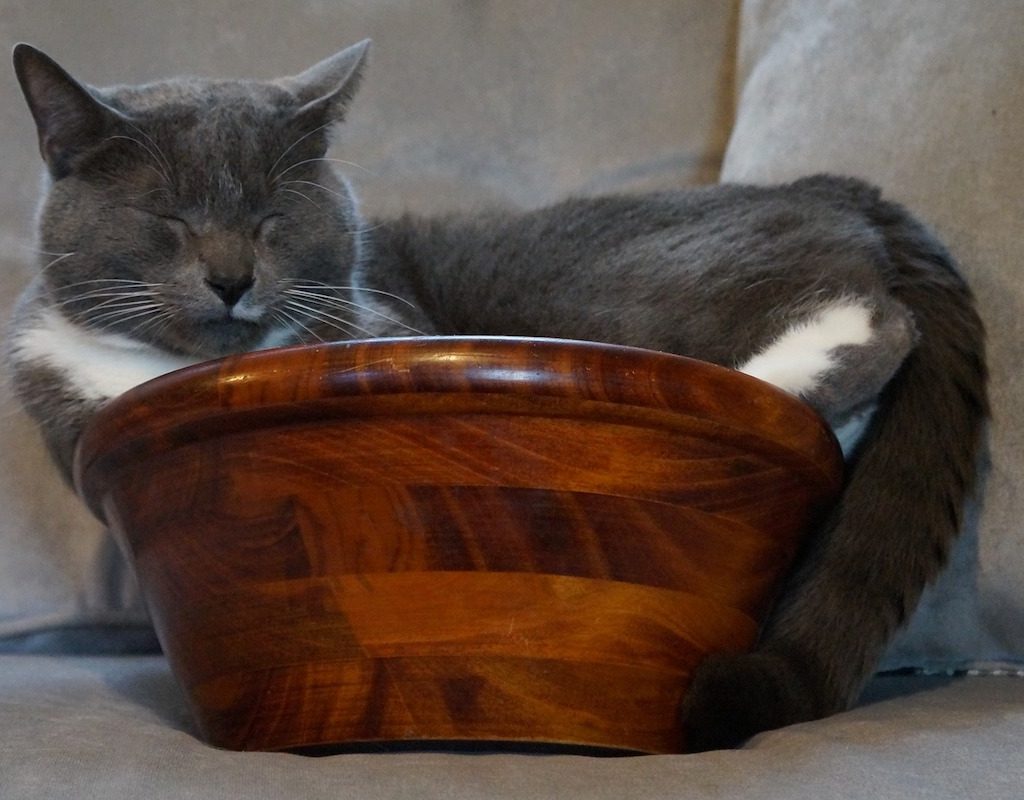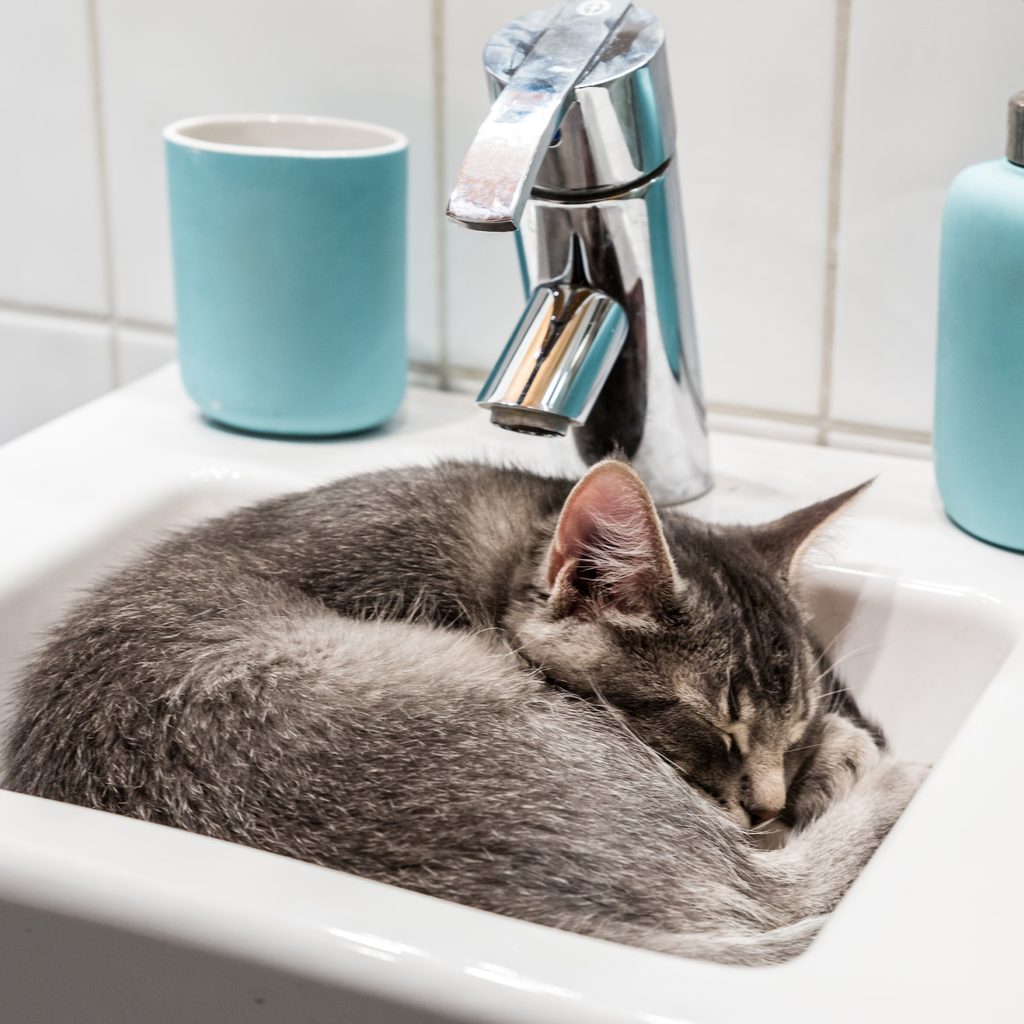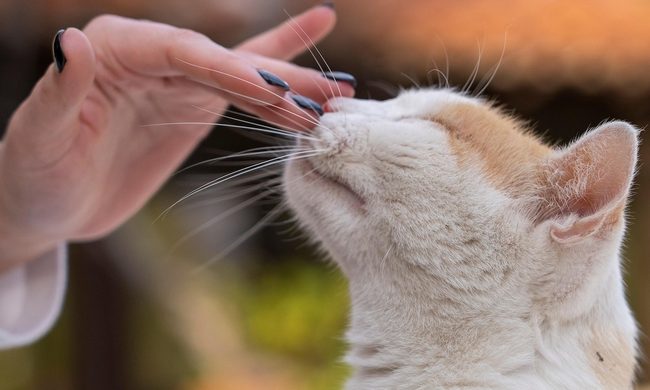Your feed probably fills with cats sleeping in weird places courtesy of the internet cat tax, but figuring out why a cat selects her napping spot will be more challenging than creating a meme. Almost all cats are drawn to specific areas of the house, and sometimes it’s immediately obvious why your cat selects a particular location to rest. We know they like sunny spots, boxes, and the most inconvenient place they can find on our desks.
You may wonder why, then, seemingly on a whim, your cat will shift from her top location to another spot in the house — sometimes far away from any people or sunlight. We’ll probably never truly get to the bottom of this, but there are a few reasons why your feline chooses a certain area for her bed.

Why do cats sleep in odd places?
We’ve all stumbled upon our cats sleeping in weird places — crammed in a corner, high up on a shelf, on the dryer. Like us, cats seek out comfort and safety. Many of the spaces they commandeer for their naps are designed to mimic settings where they might have slept in the wild. A bookshelf takes over for a tree. A box replaces a cave. These locations naturally bring safety to your pet when she’s most vulnerable. Since your cat’s ancestors didn’t have you there to look out for them, they had to use their surroundings for protection.
Your cat probably goes for comfort as well in her snooze spot. The feeling of a soft blanket could remind her of the kitten pile she probably slept in when she was a baby. That’s why you might find her entwined in a comforter if there are no other pets around to snuggle with. Unluckily for you, this means cats gravitate toward our beds and our clothes. Don’t be surprised if you find your cat in the laundry pile. Anything that smells like you is fair game for bedding as far as she’s concerned.

Why does my cat sleep in the bathroom?
Pets love to follow us around the house, but you may have walked into your bathroom to wash your hands and found your cat already in the sink. Like a box, this cramped corner feels like a little den for your feline. She also might be enjoying the cool metal or porcelain, and she can go for a quick drink by lapping up a little water from the tub or faucet.
Cats like bathrooms because they have lots of nooks and crannies for them to explore and fall asleep in. To a cat, a closed door is a challenge and the space behind it an instantly more interesting place to be. You may have more luck leaving the door open if you want to keep her out.
Let’s not forget, we often put our cat’s litter box in our bathrooms. Even if your cat doesn’t have to go, she’ll feel comfortable sleeping in her litter or nearby because it’s so familiar. Unfortunately, it probably smells like her, too, which in her mind means it’s her territory.
Why does my cat move from one spot to the next?
Just as your kitty seeks out a safe spot to sleep, she thinks she needs to move frequently to protect herself. While she may not have to worry about predators much now, she still retains the instinct to switch sleeping spaces. Cats will also move to adjust their bodies or regulate their temperature. When she gets too warm in her sun spot, she’ll move to that cool sink. When the floor gets too cold, she’ll seek out your bed.
Most cats shift frequently from place to place — it’s just in their nature. But if your pet is relocating more than usual or displaying other concerning behavior, like out-of-character pacing, it’s time for a trip to the vet. Rarely, this can be a sign of more serious discomfort and might mean she’s sick or injured.
Trying to get into the mind of your feline seems impossible, and you’ll probably never know exactly why she chooses each sleeping location. But you can rest assured that when she suddenly moves from one seemingly perfect spot to a new room, she’s following her inner cat compass to more snuggly quarters.




